
Översikt
-

Click on the course name for more information
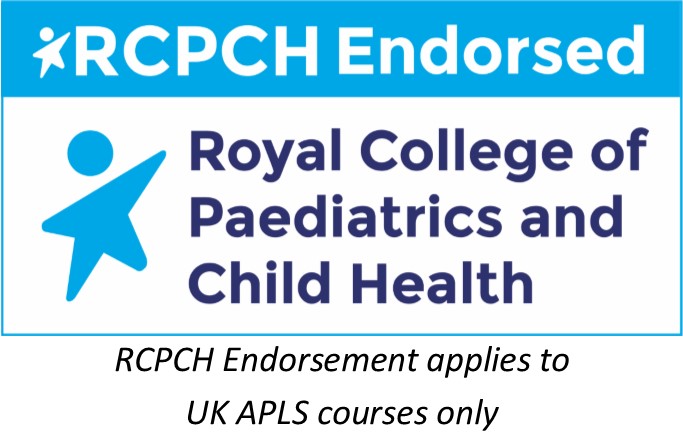
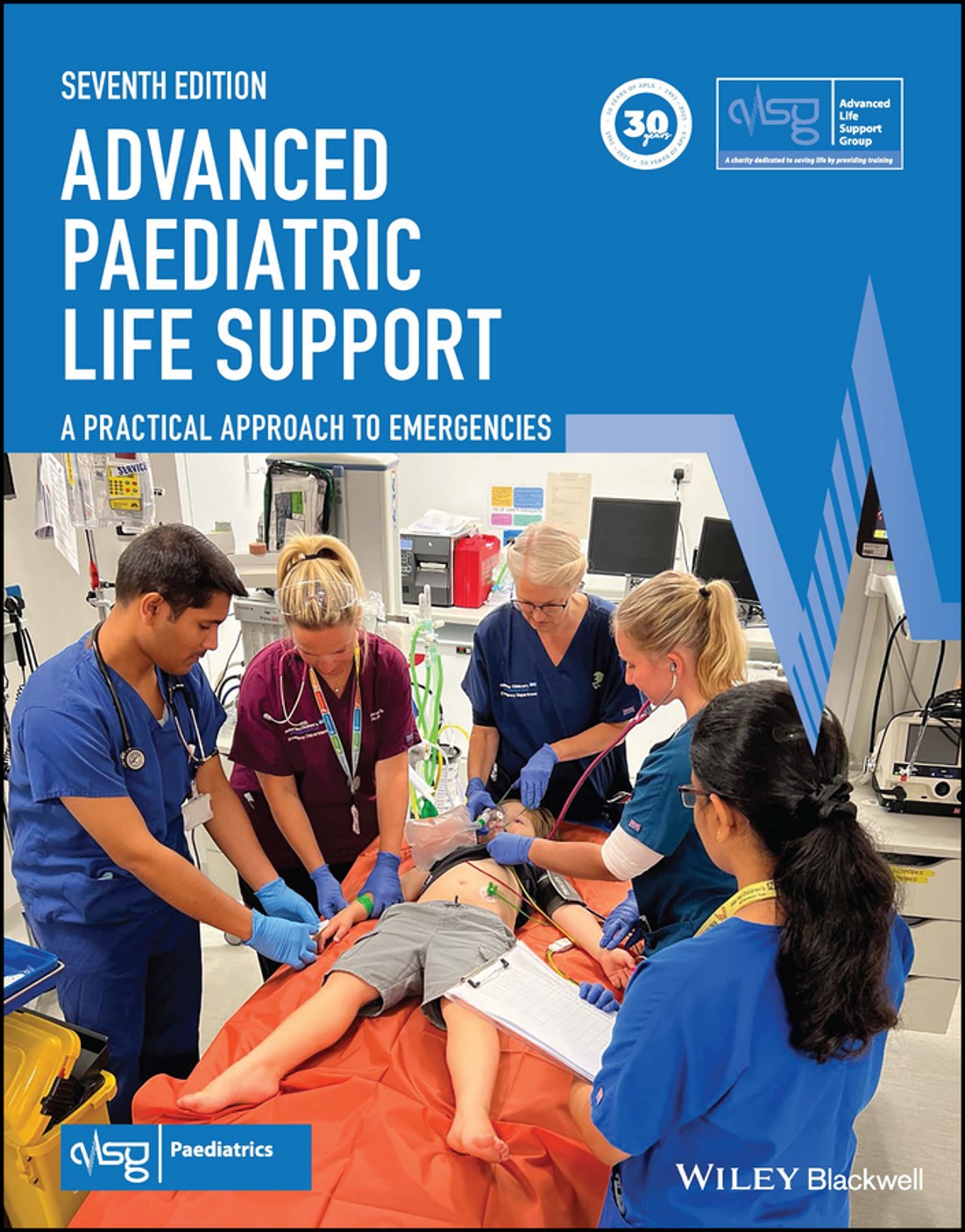
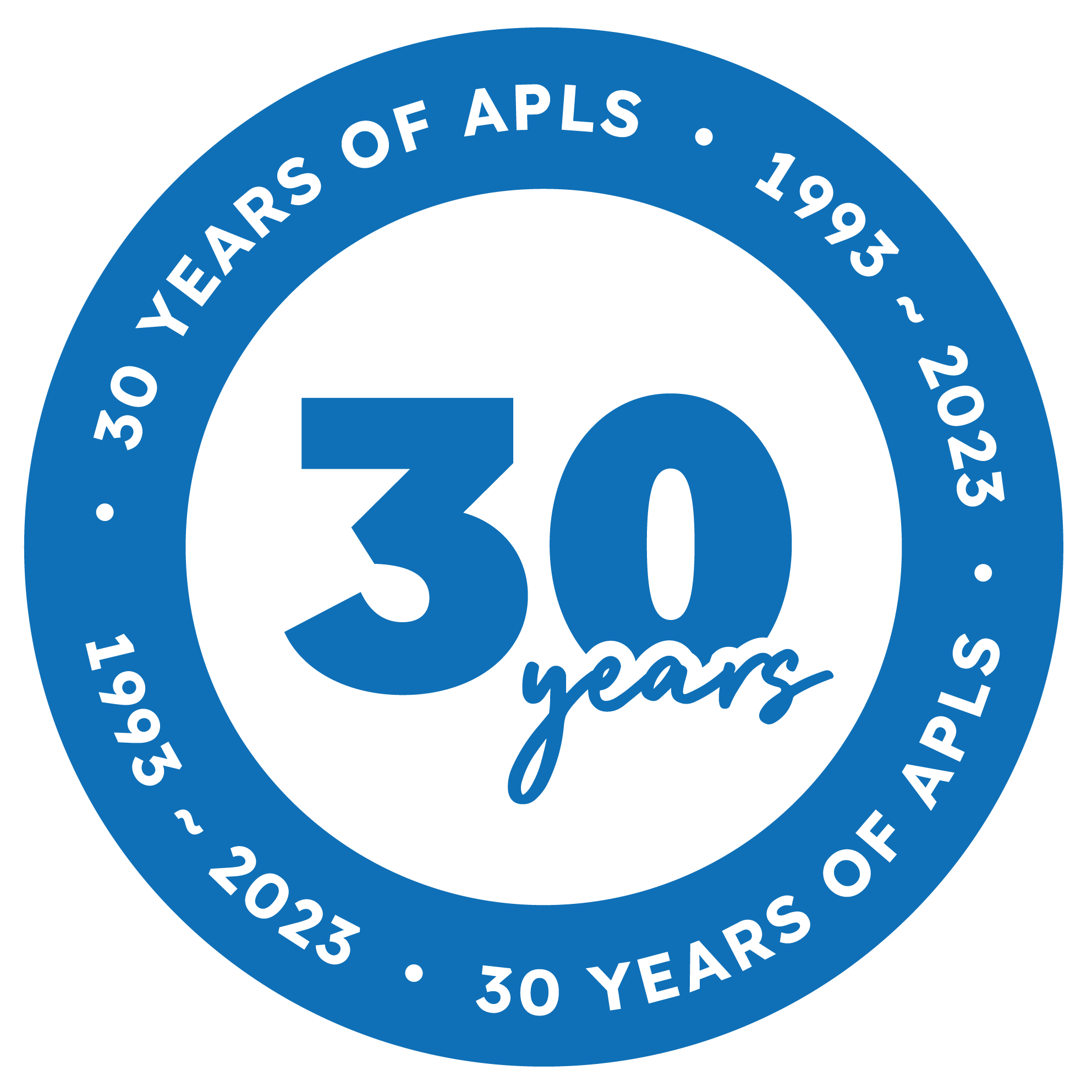 The APLS course provides the knowledge and skills necessary
for recognition and effective treatment and stabilisation of children with life
threatening emergencies, using a structured, sequential approach. The course is
taught, and it's principles, are practised throughout the world, with over
83,000 candidates who have completed the course since its inception in 1993.
The APLS course provides the knowledge and skills necessary
for recognition and effective treatment and stabilisation of children with life
threatening emergencies, using a structured, sequential approach. The course is
taught, and it's principles, are practised throughout the world, with over
83,000 candidates who have completed the course since its inception in 1993.The APLS 7e is delivered as a 2-day face-to-face course, plus an additional one day flexible online component (VLE).
Candidates who have taken the course include Consultants, Advanced Nurse Practitioners and Resuscitation Training Officers from Accident & Emergency, Anaesthetic and Paediatric departments.
Book a place APLS factsheet Am I eligible? Course updates
Run APLS Instruct on APLS Testimonials Booking T&Cs
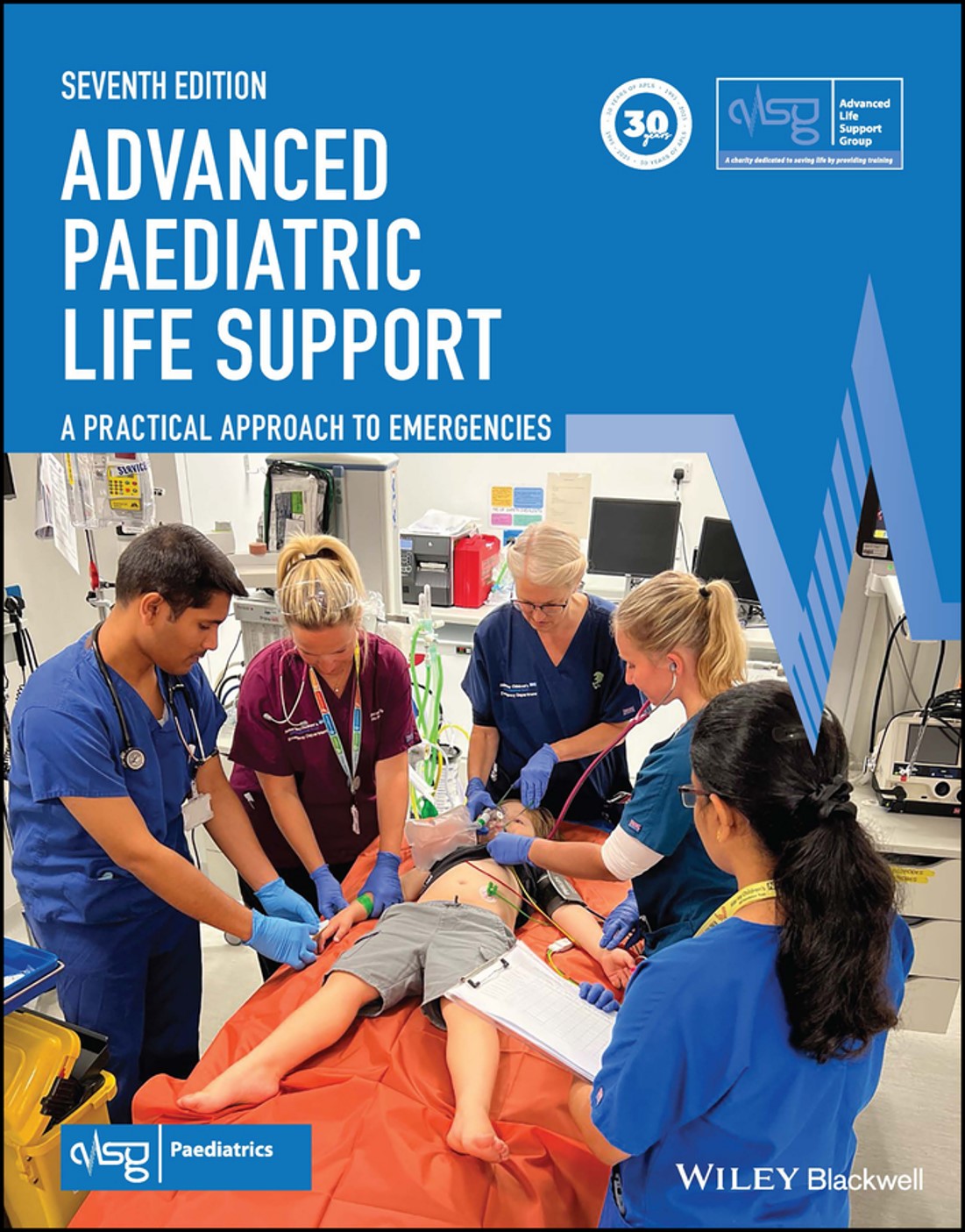
Advanced Paediatric Life Support is taught, and it's principles practised throughout the world. Over 83,000 candidates have completed the course since its inception in 1993. A 1-day recertification course has been designed for those candidates who have already undertaken the APLS course and after 4 years wish to recertify. Candidates who have taken the course include Consultants, Advanced Nurse Practitioners and Resuscitation Training Officers from Accident & Emergency, Anaesthetic and Paediatric departments throughout the NHS.
Book a place APLS RC factsheet Am I eligible? Course updates
Run APLS RC Instruct on APLS RC Testimonials Booking T&Cs
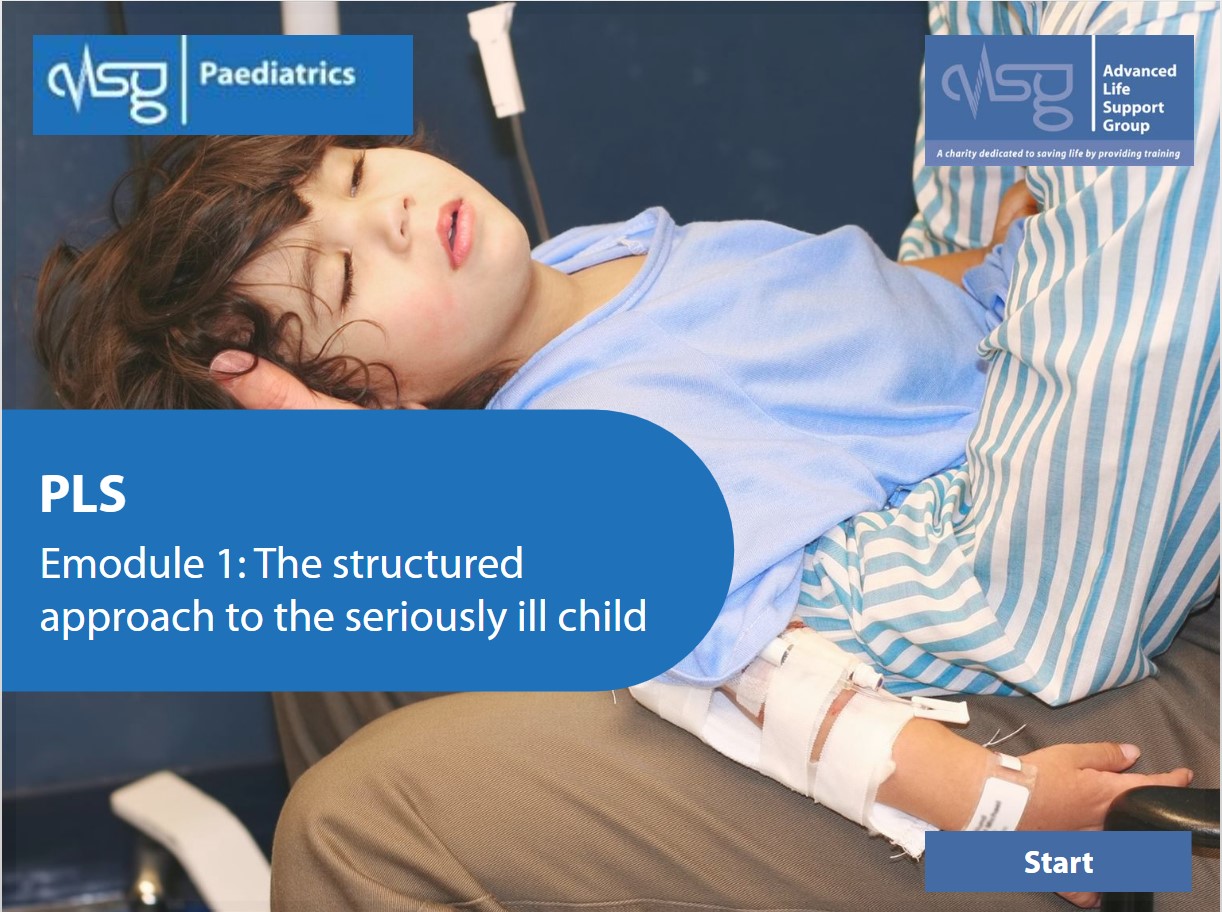 PLS exists to teach the practical procedures necessary for the initial
effective management of childhood emergencies. The 1-day PLS course is generally run on an in-hospital basis and ALSG has course centres throughout the UK. The course comprises of lectures, skills stations, workshops and resuscitation simulations.
PLS exists to teach the practical procedures necessary for the initial
effective management of childhood emergencies. The 1-day PLS course is generally run on an in-hospital basis and ALSG has course centres throughout the UK. The course comprises of lectures, skills stations, workshops and resuscitation simulations.Candidates who have taken the course include Doctors, Nurses, RTOs and Allied Health Professionals (AHPs).
Book a place PLS factsheet Am I eligible? Course updates
Run PLS Instruct on PLS Testimonials Booking T&Cs
-

Click on the course name for more information
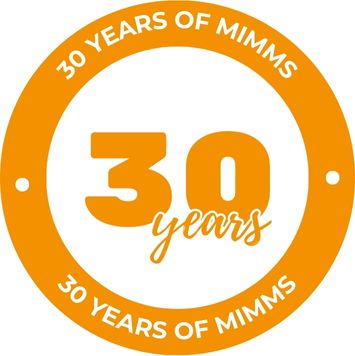
MIMMS exists to teach the nature and management of the major incident and how to deliver the medical support needed. The new fourth edition course will run in the 2-day face-to-face format only which includes a pre-course learning (VLE) element.
Candidates who have taken the course include Paramedics and Officer/Team Leader.
Book a place MIMMS factsheet Am I eligible? Course updates
Run MIMMS Instruct on MIMMS Testimonials Booking T&Cs
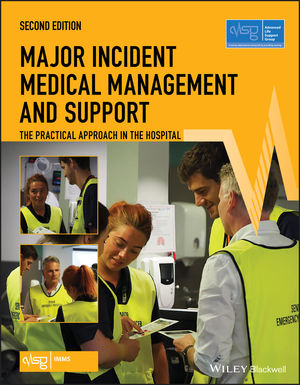 HMIMMS exists to give hospital staff the knowledge to plan and train for major incidents. The HMIMMS 2-day course comprises of online pre-course modular education (six topics), lectures, workshops and table top exercises.
HMIMMS exists to give hospital staff the knowledge to plan and train for major incidents. The HMIMMS 2-day course comprises of online pre-course modular education (six topics), lectures, workshops and table top exercises.Candidates who have taken the course include Consultants, Emergency Planning Officers and Medical Officers.
Book a place HMIMMS Factsheet Am I eligible? Course updates
Run HMIMMS Instruct on HMIMMS Testimonials Booking T&Cs
Book a place TP MIMMS factsheet Am I eligible? Course updates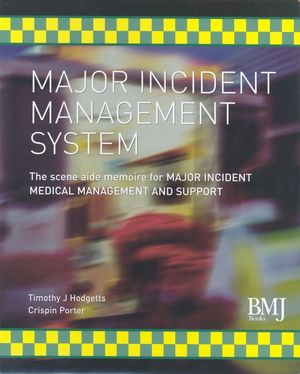 Team Provider MIMMS exists to teach the nature and management of the major incident and how to deliver the medical support needed. The 1-day Team Provider course is aimed at staff who will form part of the major incident team from their hospital. The course is taught through lectures, skills and workshops.
Team Provider MIMMS exists to teach the nature and management of the major incident and how to deliver the medical support needed. The 1-day Team Provider course is aimed at staff who will form part of the major incident team from their hospital. The course is taught through lectures, skills and workshops.
Run TP MIMMS Instruct on TP MIMMS Testimonials Booking T&Cs
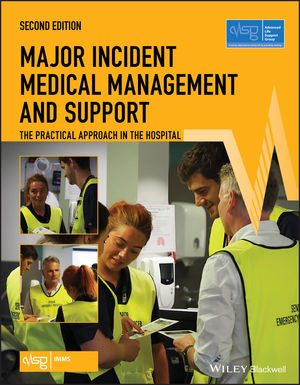 Team Provider HMIMMS exists to give hospital staff the knowledge to plan and train for major incidents. The 1 day Team Provider course is aimed at staff members who will be involved in the major incident team within the hospital. The course is designed to take into account the hospital plan in use at the candidates hospital and is therefore mainly hospital based.
Team Provider HMIMMS exists to give hospital staff the knowledge to plan and train for major incidents. The 1 day Team Provider course is aimed at staff members who will be involved in the major incident team within the hospital. The course is designed to take into account the hospital plan in use at the candidates hospital and is therefore mainly hospital based.The Team Provider HMIMMS course includes lectures, workshops and table top exercises.
Book a place TP HMIMMS factsheet Am I eligible? Course updates
Run TP HMIMMS Instruct on TP HMIMMS Testimonials Booking T&Cs
-

Click on the course name for more information
The course is designed for senior clinicians from multi-disciplinary specialties (obstetricians, anaesthetists, physicians, accident and emergency doctors and trauma specialists) managing the care of pregnant women with medical emergencies and/or trauma. mMOET provides a high-level structured approach to managing these patients and includes 24 training scenarios providing exposure to and practice in a wide variety of obstetric medical and trauma emergencies.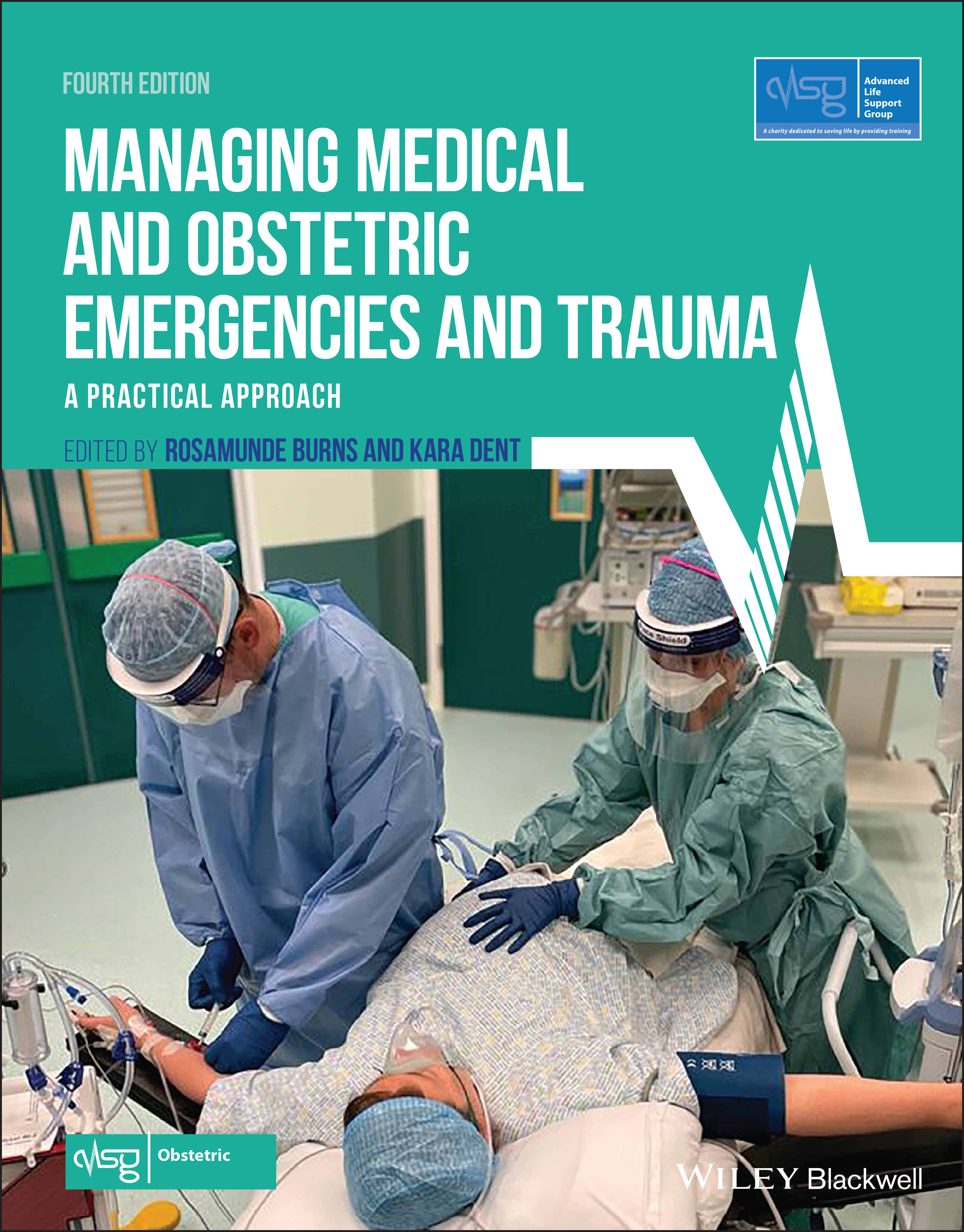 Candidates attending the internationally recognised mMOET course benefit from team-based teaching as mMOET is built on the multi-disciplinary nature of managing obstetric and medical emergencies and trauma. mMOET highlights the leadership skills required to manage these patients and the Human Factors necessary to respond appropriately.
Candidates attending the internationally recognised mMOET course benefit from team-based teaching as mMOET is built on the multi-disciplinary nature of managing obstetric and medical emergencies and trauma. mMOET highlights the leadership skills required to manage these patients and the Human Factors necessary to respond appropriately.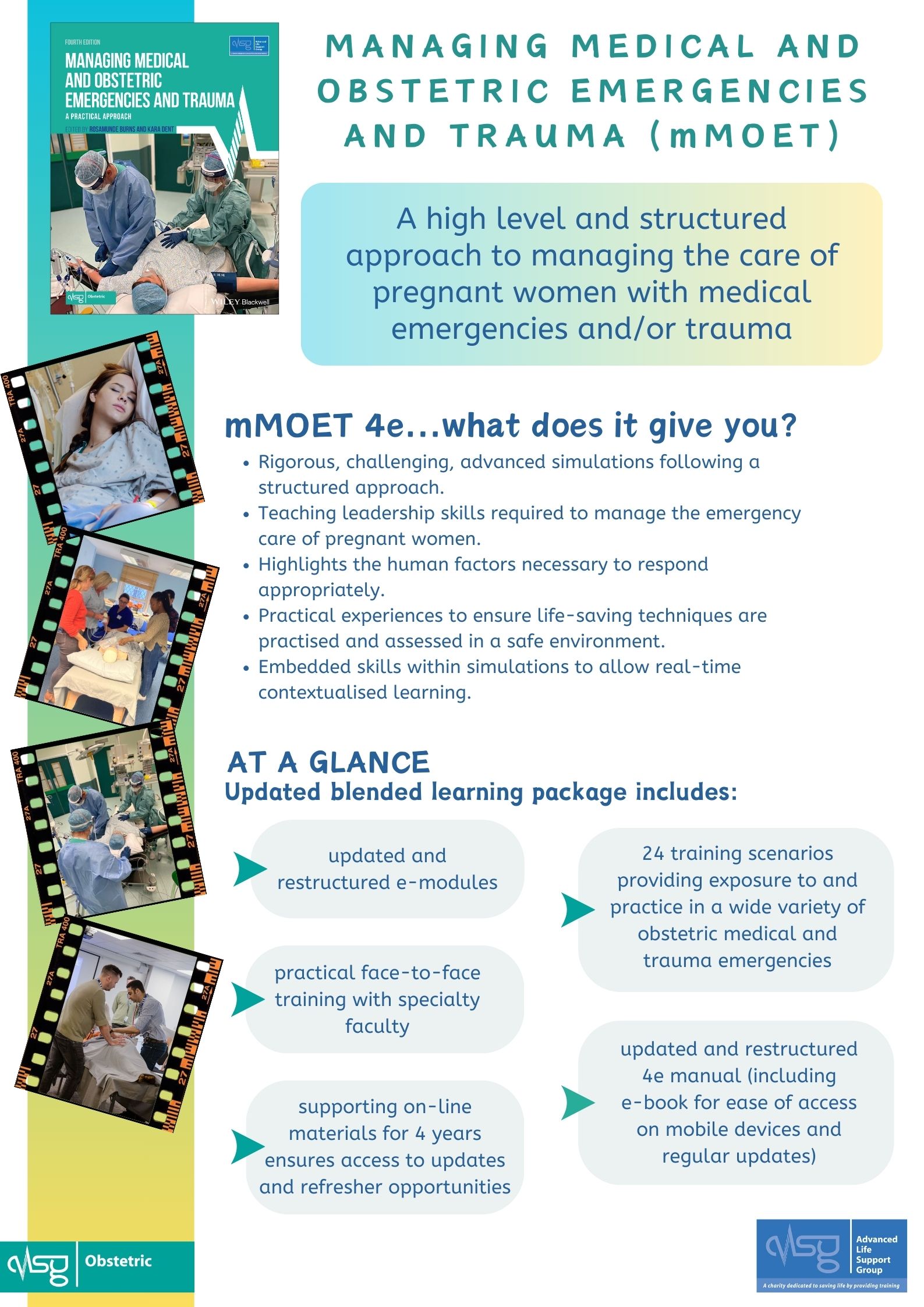 Book a place mMOET factsheet Am I eligible? Course updates
Book a place mMOET factsheet Am I eligible? Course updates
Run mMOET Instruct on mMOET Testimonials Booking T&Cs
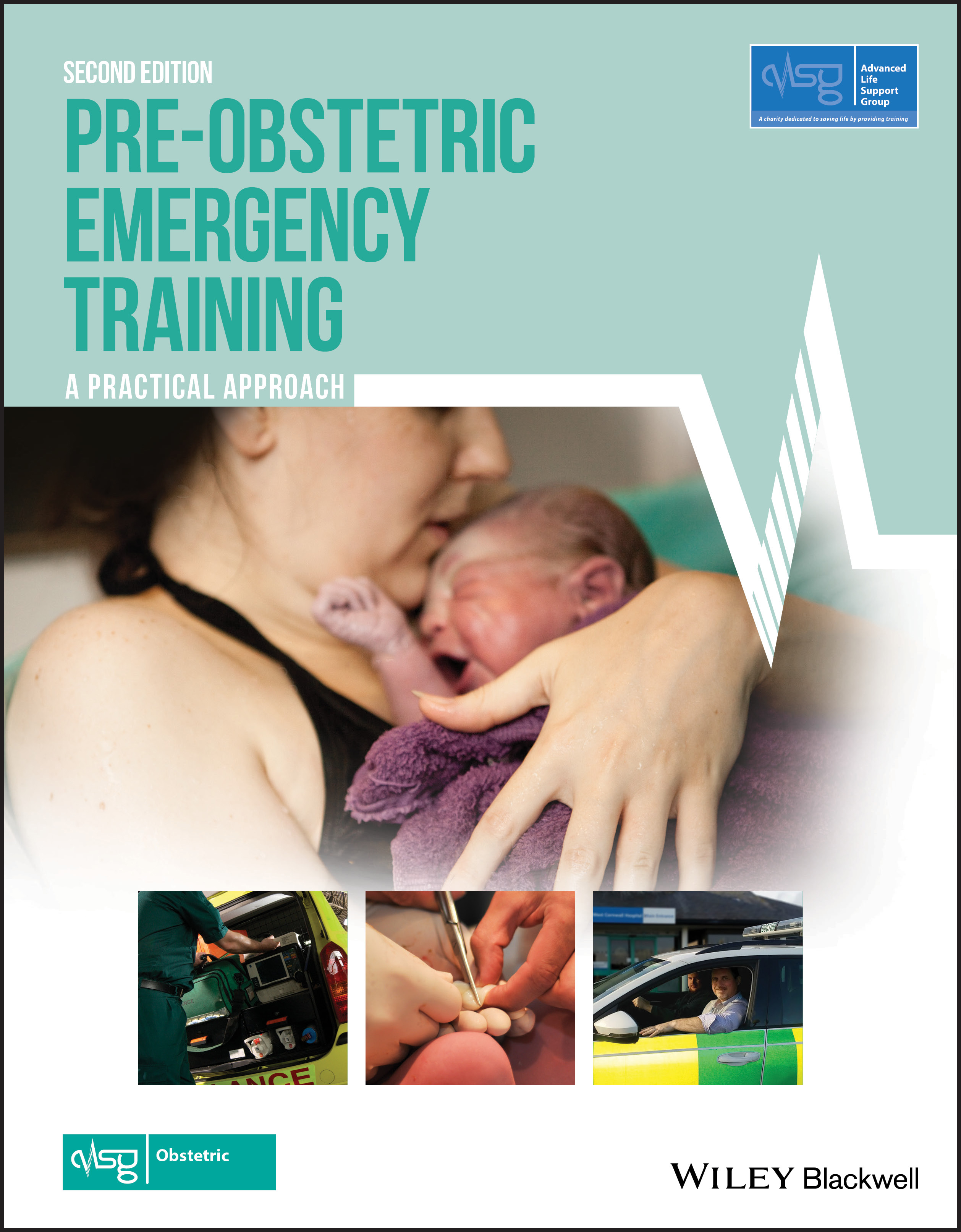 POET aims to teach the practical procedures necessary to save the mother and fetus in life threatening circumstances before admission to hospital. The POET course comprises of a flexible on-line learning component (VLE) and a 2-day face-to-face course.
POET aims to teach the practical procedures necessary to save the mother and fetus in life threatening circumstances before admission to hospital. The POET course comprises of a flexible on-line learning component (VLE) and a 2-day face-to-face course.Candidates who have taken the course include Paramedics, Community Nurses and GPs.
Book a place POET factsheet Am I eligible? Course updates
Run POET Instruct on POET Testimonials Booking T&Cs
-

Click on the down arrow to view information for each course
 CPiP (SG Level 3) is a modular, on-line programme developed jointly by the RCPCH/NSPCC and ALSG. The programme is aimed at specialty trainees in paediatrics, and trainees from other specialty areas (ST4-ST8). The aim of the course is to provide specialty trainees with the competencies required for their on-going child protection practice.
CPiP (SG Level 3) is a modular, on-line programme developed jointly by the RCPCH/NSPCC and ALSG. The programme is aimed at specialty trainees in paediatrics, and trainees from other specialty areas (ST4-ST8). The aim of the course is to provide specialty trainees with the competencies required for their on-going child protection practice.
Book here CPiP factsheet Am I eligible? Testimonials


CPRR exists to teach people to recognise the indicators of possible abuse or neglect. CPRR comprises of a flexible on-line component (VLE) and a 1-day face-to-face course. The course has been developed for doctors in training (ST1-ST3) mainly in paediatrics and accident & emergency, although doctors in training working in general practice and other specialty areas may find aspects of the course relevant.
Candidates who have taken this course include GPs and specialty trainees and specialists in paediatric dentistry.
Recertification for the CPRR course is not a requirement as the next level course is more appropriate (see Child Protection in Practice course).
Book a place CPRR Factsheet Am I eligible? Course updates
Run CPRR Instruct on CPRR** Testimonials Booking T&Cs** This is for current full instructors.The Instructor process: there are two potential routes to becoming a CPRR instructor:- Route 1: Put forward as having instructor potential at the end of your CPRR course.
- Route 2: Self-nomination with the recommendation of a senior colleague or working group member.
More information on both routes can be found here.
-

Click on the course name for more information
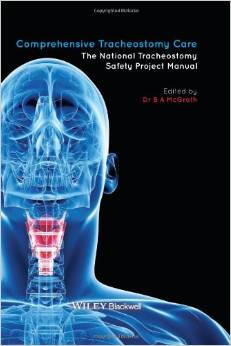
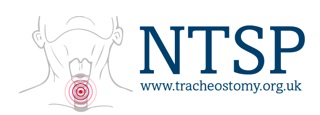
We have been working with the NTSP to deliver tracheostomy training to all multidisciplinary staff who might encounter patients with tracheostomies and laryngectomies.
We are currently focusing on providing training and resources to equip staff to teach tracheostomy safety courses in their own institutions. Our ‘Train the Trainer’ Courses demonstrate the content and resources of our provider course alongside specific educational strategies to help candidates deliver effective teaching at their own institutions. Expert medical educators work alongside experienced ALSG instructors to demonstrate skills and techniques used in ALSG Generic Instructor Courses, adapted to delivering tracheostomy course content. Candidates will be exposed to guided practice of small and large group facilitation of discussions and presentations, low fidelity emergency scenario simulation and performance of specific tracheostomy-related skills. There is some pre-course reading and e-learning and we ask candidates to prepare material to practice delivering in the day, with feedback.
Our aim is to ensure that tracheostomy education is provided to a high standard by training and facilitating effective teaching, wherever it is needed.
Book a place Tracheostomy factsheet Am I eligible? Course updates
Run ET Instruct on ET Testimonials Booking T&Cs
-

Click on the course name for more information
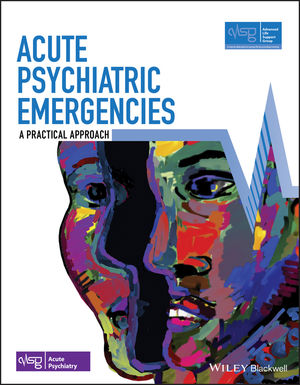 Acute Psychiatric Emergencies (APEx) focuses on the emergency care of patients presenting with acute psychiatric crisis. The course is designed to deliver the necessary knowledge and skills to trainees in both emergency medicine and psychiatry as well as to nursing and other allied health professionals that are involved in their care. It will allow a shared understanding of the problem and also foster a common language between professionals that expedites excellent care.
Acute Psychiatric Emergencies (APEx) focuses on the emergency care of patients presenting with acute psychiatric crisis. The course is designed to deliver the necessary knowledge and skills to trainees in both emergency medicine and psychiatry as well as to nursing and other allied health professionals that are involved in their care. It will allow a shared understanding of the problem and also foster a common language between professionals that expedites excellent care.
The 3-day APEx course comprises of a flexible 1-day on-line component (VLE) and a 2-day face-to-face course.
Candidates who have taken this course are Psychiatric Liaison Nurses, Emergency Nurse Practitioners, Consultant Paramedics.
Book a place APEx factsheet Am I eligible? Course updates
Run APEx Instruct on APEx ** Testimonials Booking T&Cs
** APEx Instructor selection There are two potential routes for becoming an APEx instructor: Route 1: Existing ALSG instructors with an appropriate clinical background may self-nominate to convert to becoming an APEx instructor. This process involves completion of the APEx e-modules. There is no requirement to attend the Facilitation course, but past instructors have found it extremely helpful for input into the more nuanced facilitation style required. Route 2: During the APEx provider courses, the faculty will review candidates using a structured matrix to assess their suitability for instructor training. Candidates who are recommended will need to complete the Facilitation course. -

Click on the course name for more information
Candidates who have taken the course are Paediatric Registrars, Transport Nurses, Anaesthetists.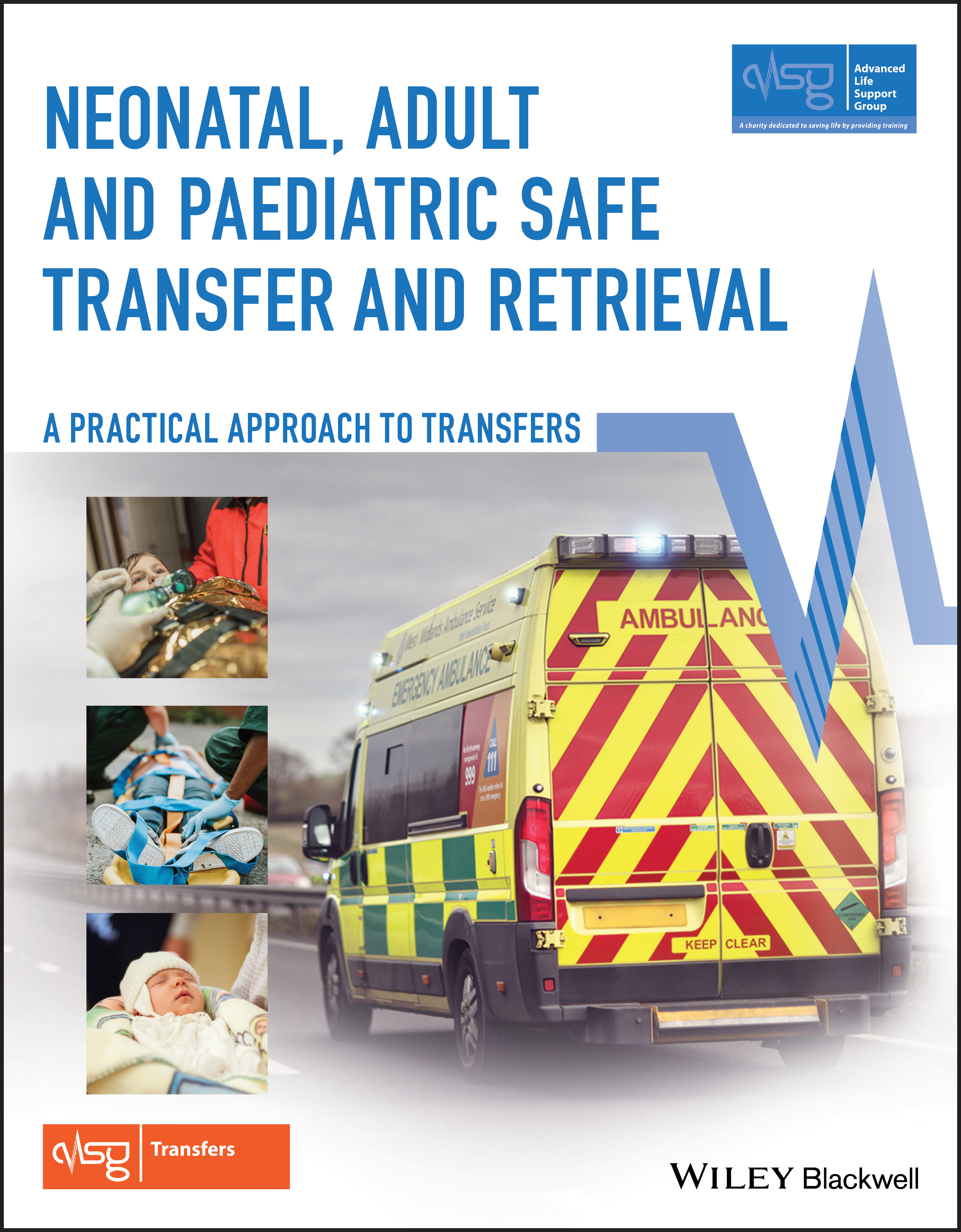 As many clinicians are involved in the transfer of different patient groups, we have merged our existing STaR and PaNSTaR courses into an all-encompassing transfer course entitled NAPSTaR, thus providing a structured approach for neonatal, adult and paediatric transfers. The 2-day course includes lectures, skill stations and simulations.
As many clinicians are involved in the transfer of different patient groups, we have merged our existing STaR and PaNSTaR courses into an all-encompassing transfer course entitled NAPSTaR, thus providing a structured approach for neonatal, adult and paediatric transfers. The 2-day course includes lectures, skill stations and simulations. -

Click on the course name for more information
The Facilitation course provides the knowledge, skills and behaviours required by instructors on the Child Protection Recognition and Response (CPRR) course and the Acute Psychiatric Emergencies (APEx) course.
The programme focuses specifically on an approach to group facilitation and debrief that is appropriate for the nuances and complexities of CPRR and APEx courses.
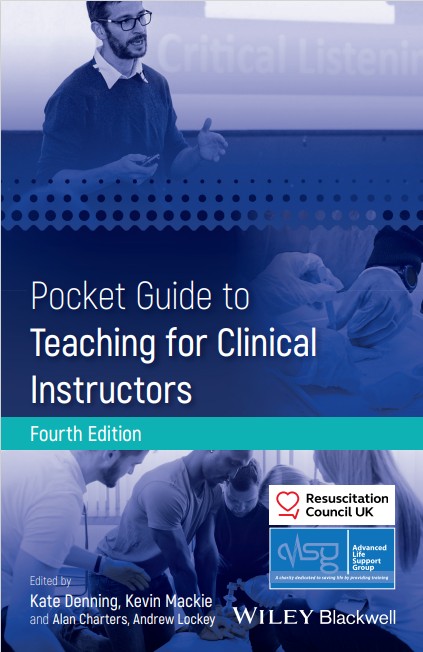
The GIC provides opportunities to learn about and practise facilitation skills. The course includes keynote sessions, demonstrations, practice sessions, debriefs and discussions. The following modalities are covered:
- Lecturing
- Teaching and assessing skills
- Debriefing
- Running workshops
- Teaching and assessing simulations
The GIC comprises of a manual, an e-module in advance of the course, followed by two face-to-face days of practice. This leads to teaching on life support courses with a mentor and reflective practice, before becoming a full instructor.
NOTE: booking GIC - those recommended from provider courses onlyBook a place GIC factsheet - coming soon Instruct on GIC Course updates - none currently
Run GIC Testimonials Booking T&Cs
-
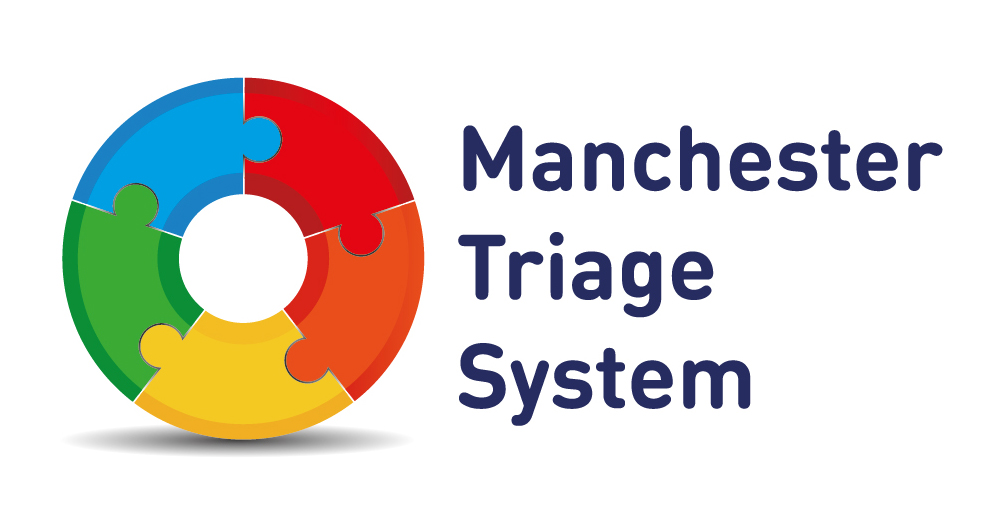
Click on the course name for more information
The MTS TTA has also been introduced internationally in Norway, New Zealand and Australia, where it is being used for secondary triage of emergency calls, and in the Azores where it is being used as both a primary and secondary triage tool. Book Here Read More Updates MTS Website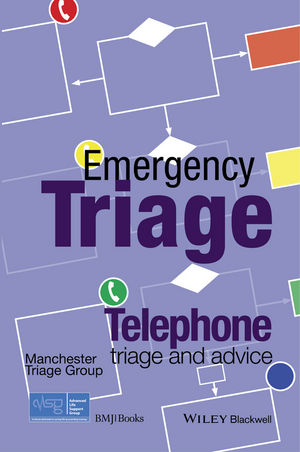 MTS as a telephone triage and advice tool has been used by the North West Ambulance Service since 2006 for the routine secondary assessment of non-immediate 999 calls.
Since then, a number of other Ambulance Service across the UK including Scotland, Wales, Yorkshire and London have all adopted the same system to enable the telephone assessment of both urgent and emergency calls.
MTS as a telephone triage and advice tool has been used by the North West Ambulance Service since 2006 for the routine secondary assessment of non-immediate 999 calls.
Since then, a number of other Ambulance Service across the UK including Scotland, Wales, Yorkshire and London have all adopted the same system to enable the telephone assessment of both urgent and emergency calls.
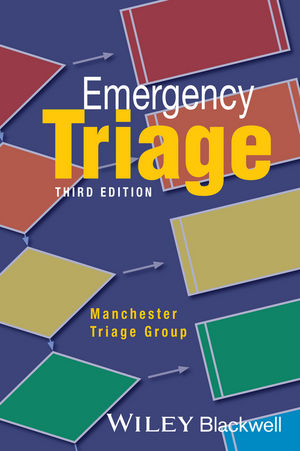 Every day, Emergency Departments are faced with increasing numbers of patients suffering from a wide range of problems; from minor illness and injury to major trauma and life threatening conditions. In order to ensure patient safety, it is essential that patients are seen in order of clinical priority and not in order of attendance.
Every day, Emergency Departments are faced with increasing numbers of patients suffering from a wide range of problems; from minor illness and injury to major trauma and life threatening conditions. In order to ensure patient safety, it is essential that patients are seen in order of clinical priority and not in order of attendance.Early Emergency Department triage was intuitive rather than methodological, and rather than being based on clinical evidence, it was based on the practitioners' own experience and clinical judgement; making it neither consistent nor auditable. The use of the Manchester Triage System ensures that a consistent approach to patient assessment and prioritisation is maintained allowing for robust audit and increased patient safety.
The Manchester Triage System is a clinical risk management tool used by clinicians worldwide to enable them to safely manage patient flow when clinical need far exceeds capacity. It is a professional, expert system and the most, rather than the least experienced personnel in the department should be using it.
Book Here Read More Updates MTS Website
-
Click on the course name for more information
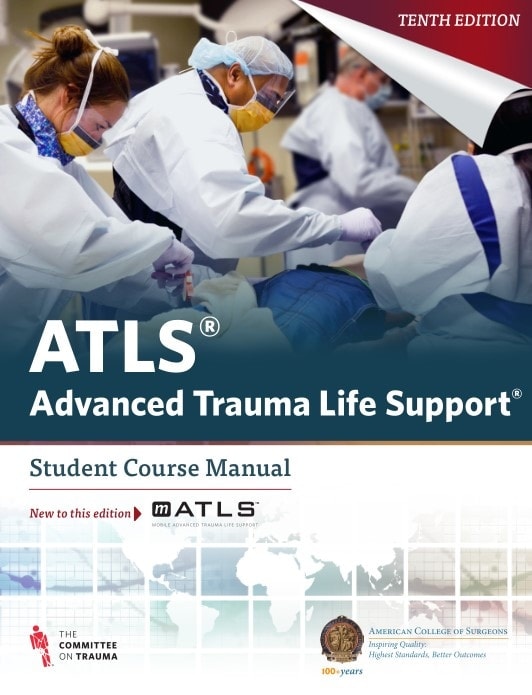 ATLS is a course run at ALSG Manchester on behalf of The Royal College of Surgeons. For further information please visit the Royal College of Surgeons website.
ATLS is a course run at ALSG Manchester on behalf of The Royal College of Surgeons. For further information please visit the Royal College of Surgeons website.
ATLS® is a global course, teaching a systematic process of trauma care for patients with life-threatening injuries.
Throughout this interactive course, you will learn a range of comprehensive and adaptable trauma management skills, relevant to all specialties.
As the only programme provider of ATLS® in the UK, RCS provides this safe and reliable method of teaching immediate management of injured patients, which has been adopted worldwide in over 60 countries.
Due to demand and limited availability of course places, you must work in the United Kingdom of Great Britain and Northern Ireland to be eligible to attend ATLS. If you live outside of the UK, please contact the RCS.
Suitable for those working in: Acute care, Primary care, Emergency Medicine
Book Here Read More Updates Teach ATLS Run ATLS
ATLS Recertification is a course run at ALSG Manchester on behalf of The Royal College of Surgeons. For further information please visit the Royal College of Surgeons website.
ATLS® is a global course, teaching a systematic process of trauma care for patients with life-threatening injuries.
Throughout this interactive course, you will learn a range of comprehensive and adaptable trauma management skills, relevant to all specialties.
As the only programme provider of ATLS® in the UK, RCS provides this safe and reliable method of teaching immediate management of injured patients, which has been adopted worldwide in over 60 countries.
Due to demand and limited availability of course places, you must work in the United Kingdom of Great Britain and Northern Ireland to be eligible to attend ATLS. If you are outside of the UK please contact the RCS.
Suitable for those working in: Acute care, Primary care, Emergency Medicine
Book Here Read More Updates Teach ATLS RC Run ATLS RC









